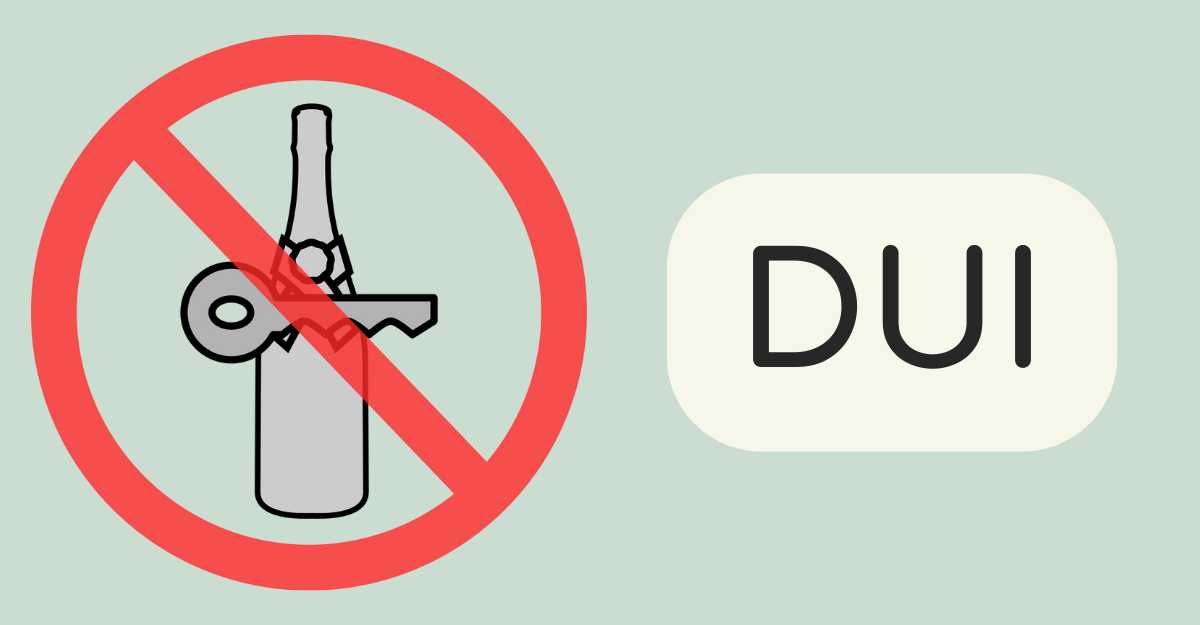
DUI
A DUI, or Driving Under the Influence, is a serious offense with significant legal ramifications. However, beyond the immediate legal consequences, many individuals facing a DUI conviction worry about its potential impact on their ability to work.
Direct and Indirect Impacts of a DUI on Employment
A DUI conviction can affect your job in several ways. Some companies, especially those with strict rules against DUIs, might fire you when they find out about the offense. Also, having a DUI conviction could lead to your driver’s license being suspended, which could make it impossible to do certain jobs that involve driving, like transportation, delivery, or sales.
Apart from these direct consequences, a DUI could also hurt your chances of getting a job indirectly. Higher insurance costs because of the offense might strain your finances, making it harder to keep a steady job. Also, having a DUI on your record can harm your reputation and make it tough to move up in your career, particularly in fields where being trusted by the public and having good ethics are important.
Factors Affecting the Severity of the Impact:
The impact of a DUI on your employment hinges on various factors. Firstly, the severity of the offense plays a significant role. A first-time DUI with minimal consequences is likely to have a lesser impact compared to multiple DUIs or cases involving aggravated circumstances such as accidents or injuries. Additionally, the specific nature of the job you hold is a critical consideration. Occupations that involve driving, such as truck driving or taxi services, place a higher premium on a clean driving record, making them more susceptible to the ramifications of a DUI conviction.
Moreover, company policies regarding DUI convictions also exert a substantial influence. Some employers adhere to strict zero-tolerance policies, mandating termination for any DUI conviction, regardless of the circumstances surrounding the offense. Conversely, other companies may adopt a more nuanced approach, taking into account factors such as the severity of the offense, the employee’s prior performance, and their efforts towards rehabilitation before making a decision about their employment status.
Furthermore, the time that has passed since the DUI conviction also shapes its impact on employment prospects. Recent convictions are more likely to raise concerns among employers compared to older offenses, which may have faded from memory or been expunged from the individual’s record over time. This time factor often influences the perception of risk associated with hiring or retaining an individual with a DUI history.
Legal Considerations and Mitigating Strategies
Understanding the legal aspects of DUIs and how they relate to employment is crucial. While federal law prohibits discrimination based on criminal records in certain protected classes, these protections might not always extend to DUIs. Seeking guidance from a professional first time DUI lawyer can help you understand your rights and explore potential options for challenging discriminatory practices related to your DUI conviction.
There are several strategies you can employ to lessen the impact of a DUI on your career. Being honest and upfront with potential employers can be helpful, allowing you to explain the situation and express remorse. Emphasizing your relevant skills and experience can also help shift the focus away from your past offense and towards your qualifications for the job.
If you encounter potential discrimination due to your DUI, seeking legal advice is essential. A lawyer can assist in navigating legal complexities and ensuring your rights are upheld throughout the employment process. Additionally, exploring career paths that are less affected by DUIs could be a viable option. Industries with less emphasis on driving records or that prioritize specific skill sets may offer better opportunities for individuals with prior DUI convictions.
Although a DUI conviction may present obstacles in your employment journey, comprehending the different factors involved and implementing proactive approaches can minimize its effects. Keep in mind that the severity of consequences, individual circumstances, and your response to the situation all have a considerable influence. Consulting with legal and career advisors can provide you with the insights and tools needed to progress successfully in your professional endeavors.





